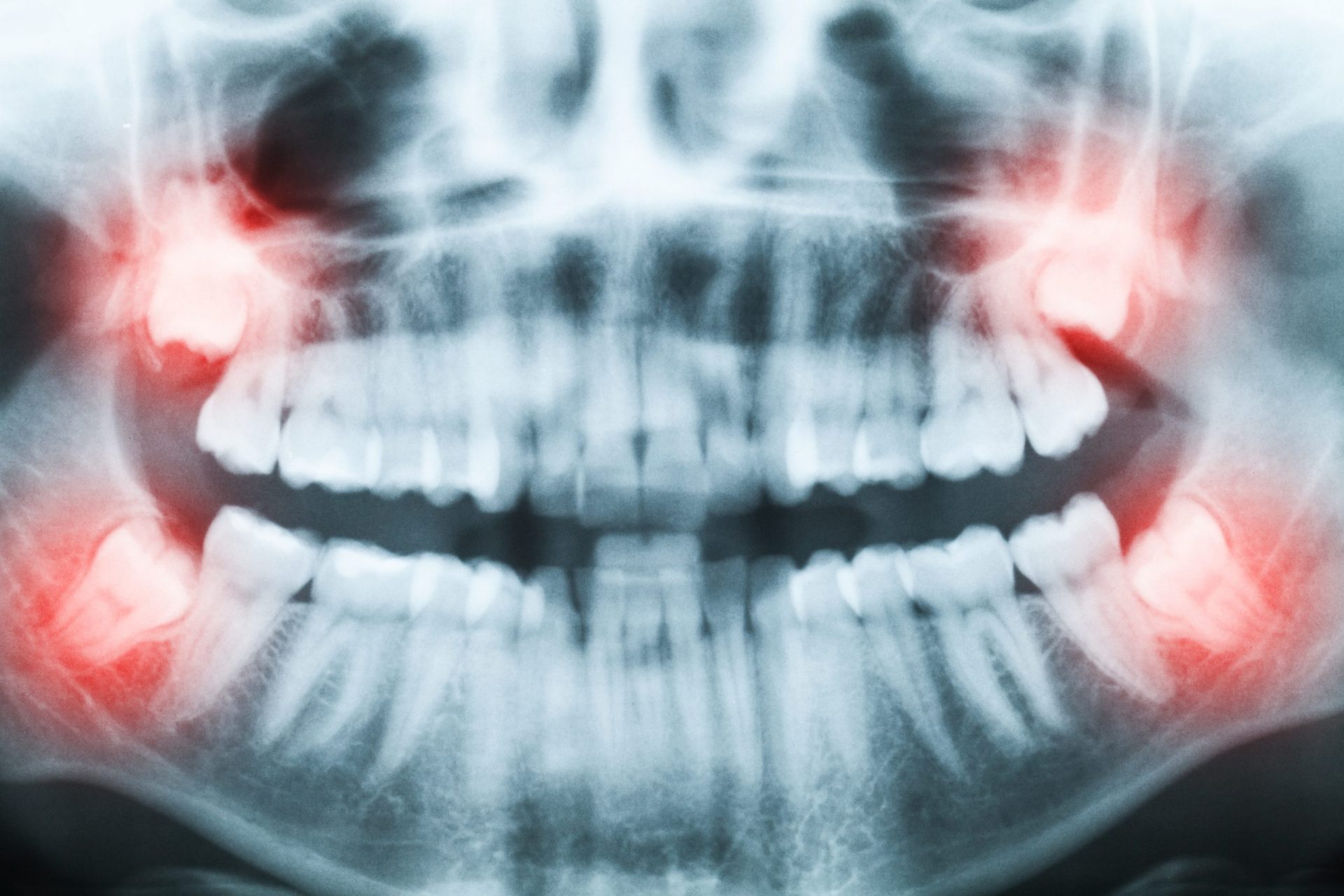Dental Implants Gold Coast | Affordable Dental Implants in Gold Coast
Dental Implants Gold Coast
Affordable Dental Implants in Gold Coast QLD 4207
What are Dental Implants?
Dental implants are one of the most popular tooth restoration treatments available, and they are highly recommended for patients who need to fill holes left by missing teeth.
Teeth replacement procedures have come a long way thanks to developments in dental technology. Traditional methods of tooth replacement, such as complete or partial dentures, have been revolutionised by dental implants. They’ve evolved into the best tooth-replacing alternative in just 30 years. Dental implants are the most natural-looking, healthy, and completely functional teeth you can find.
A dental implant is a titanium screw that is surgically implanted into the jaw to serve as a false tooth root for dental prosthetics such as crowns, bridges, and dentures. Osseointegration is the foundation for dental implants. It’s a biological process that helps biocompatible materials like titanium to bond with and become a part of the natural bone. Dental implants or false tooth roots become well incorporated with the jawbone as a result of osseointegration. Connectors, also known as abutments, are used to secure dental prosthetics to implants.
We have the best quality dental implants. Dental implants are titanium posts or frames that our top dental surgeons surgically insert into the jawbone under your gums, making them a popular dental procedure at our clinic. We install or clip replacement teeth to them once they’re in place. Dental implants Gold Coast offer fixed protection for artificial teeth since they interface with your jawbone. Dental implants are not removable inside the mouth, which is an important feature that reduces embarrassment when speaking and eating.

What are the Signs You Need Dental Implants?
If you have one or more of the following problems, dental implants could be the right solution for you:
- If you’ve lost one or more of your natural teeth, you’re not alone.
- The dissatisfaction of partials or dentures that are loose
- In the jaw section, there is a lack of bone.
- A sunk-in appearance of the face or a lack of volume
- A missing tooth that can’t be fixed with restorative dentistry
- Instead of your teeth, you’re having trouble chewing, swallowing, and talking.
- An infected tooth that has to be extracted
- You’re self-conscious about your look or smile.
What are the Types of Dental Implants?
- Individual Dental Implants
If you do have one missing tooth, a single dental implant and crown would suffice. Individual dental implants can replace a damaged natural tooth without jeopardising the health of the teeth around it.
- Dental Bridges
If more than one tooth is missing, we can suggest a dental bridge to preserve your smile.
- Implant-Supported Bridges
An implant-supported bridge is a type of bridge that is attached to dental implants rather than natural teeth for protection. One of the benefits of implant bridges placed at Dental Implant Guide – Dental implants Gold Coast is improved flexibility.
- MySecure Smile (MSS) or Bar-Retained, Implant Assisted Overdentures
On top of two or three dental implants, our dentists will install a sturdy mounting handle. The bar acts as a locking mechanism, providing a safe mounting point for specially crafted dentures to clip into place quickly and safely. Traditional bridges cover the gap left by missing teeth and are held in place by crowns affixed to adjacent teeth.
- Teeth in a Day or Implant-Supported Fixed Prosthesis (ISFP)
Teeth in a Day uses the least number of implants to cover the largest number of teeth in less than a day. At Dental Implant Guide – Dental implants Gold Coast, this is a common technique that only needs four implants to support a complete arch of top and bottom teeth.
Dental Implant Gold Coast Procedure: What are the Steps?
The following are the steps involved in inserting one or more dental implants:
- Extraction of a tooth or teeth that have been affected
- If required, jawbone preparation (grafting)
- Dental implant placement
- Bone development and regeneration
- Implant abutment positioning
- Implantation of a false tooth
It’s important to understand that a conventional dental implant operation will take several months to complete. Each individual heals in their own unique way. The first six months are spent resting and waiting for the fresh bone in your jaw to expand over the dental implant and fuse to it.
What are the Advantages of Implant Dentistry?
If you’re curious why more people are involved in this cutting-edge technique, consider the following advantages of dental implants:
- Prevents bone deterioration in the jaw.
- Identical to normal teeth
- Prevents the hollowing of the face which allows for normal expression.
- Bite power is restored.
- Prevents cavities and tooth decay.
- Does not necessitate a lot of upkeep
- It just needs the same level of protection as normal teeth.
- Adjacent teeth are supported.
- A long-term tooth loss cure
How long after dental implants can I eat normally?
You should take out the gauze sponges that have been inserted in your mouth and eat something about an hour after surgery. For the first 24 hours after surgery, just consume soft foods. During treatment, stay away from hot foods and beverages for many hours. For at least 24 hours, avoid drinking with a straw.



